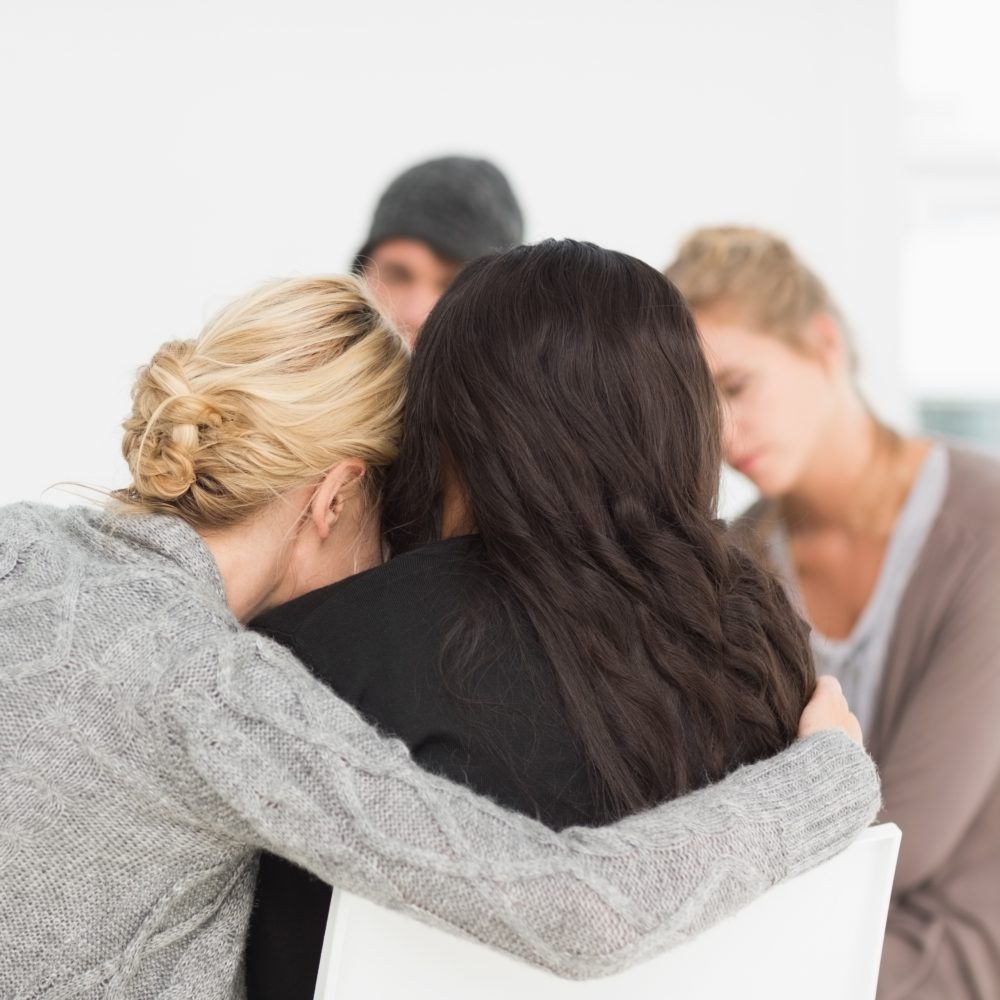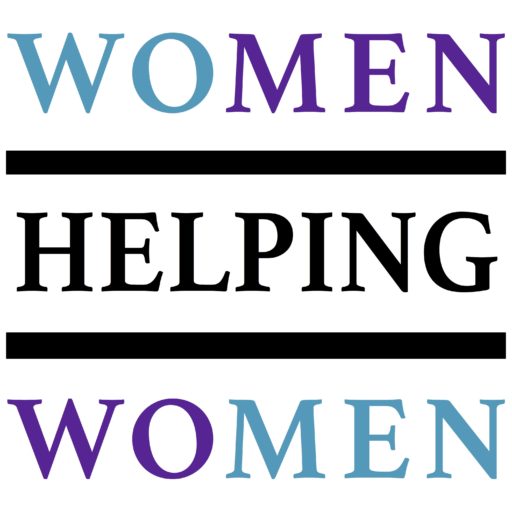About Gender-Based Violence
Violence against women is a common, complex and consequential public health epidemic. It is a universal issue occurring in every culture and social group. One in every three women has been beaten, coerced into sex, or otherwise abused in her lifetime. Violence against women has been called “the most pervasive yet least recognized human rights abuse in the world.”
The Second World Conference on Human Rights and the Fourth World Conference on Women recognized that gender-based violence jeopardizes women’s lives, bodies, psychological integrity and freedom. Using the term ‘gender-based’ highlights the fact that violence against women is an expression of power and control inequalities between women and men.
At WHW, we focus crisis intervention and prevention advocacy on three areas of gender-based violence: sexual assault, domestic violence, and stalking. Although survivors of gender-based violence are predominantly women, we extend all of our support services to men and the LGBTQ community.

Sexual Assault
According to the Unites States Department of Justice, sexual assault is any type of sexual contact or behavior that occurs without the explicit consent of the recipient.
Sexual violence is divided into the following types:
- Non-contact unwanted sexual experiences
- Unwanted sexual contact
- Completed or attempted alcohol/drug-facilitated penetration of a victim
- Completed or attempted forced penetration of a victim
- Non-physically forced penetration which occurs after a person is pressured verbally or through intimidation or misuse of authority to consent or acquiesce
- Completed or attempted forced acts in which a victim is made to penetrate a perpetrator or someone else
- Completed or attempted alcohol/drug-facilitated acts in which a victim is made to penetrate a perpetrator or someone else
Rape and sexual assault are crimes of violence with sex used as a weapon that can be committed by dates, partners, spouses, friends, relatives, acquaintances and strangers.
How You Might Feel
There is no typical sexual assault or rape survivor, nor is there a typical response to sexual assault. Survivors of rape or sexual assault may experience numbness, confusion, difficulty concentrating, withdrawal, denial, nightmares, flashbacks, rage, anger, revenge, depression, difficulty eating or sleeping, extreme and explainable fear, guilt and self-blame.
Shock
Feelings of shock and confusion are common. Survivors often express that they can’t believe what has happened to them.
Problems coping
Attempts to end the anxiety and confusion are often made by rationalizing the rape. Survivors might try to forget about the rape and appear outwardly that everything is fine.
Crisis
Insomnia fear and nightmares may be experienced in this stage. This can mean that feelings about the sexual assault are surfacing.
Realization
Anxiety and fear about rape decrease. Energy returns. It may take months or years to heal from the impact of a sexual assault.
There are many areas of concern after a sexual assault. With support, a person who has experienced an assault can heal. Women Helping Women can help you understand and clarify these concerns, which may include medical, legal, emotional or family issues.

Remember:
- Experiencing sexual assault is never your fault. You are not responsible for another person committing a crime against you.
- It’s okay to ask for help. You are not alone.
- Any reaction or feeling after an assault is normal.
- You have every right to be upset. Take time to understand and deal with your feelings.
- Sexual assault is a major crisis. Take good care of yourself.
- We are hear to help & we are hear to listen. Call us anytime or walk in as often as you need.
Domestic Violence (Intimate Partner Violence)
Domestic violence (Intimate Partner Violence) is a pattern of assaultive and controlling behaviors that one person uses against another in order to gain or maintain power and control in the relationship. The abuser intentionally behaves in ways that cause fear, degradation and humiliation to control the other person. Domestic violence/intimate partner violence can be physical, sexual, threatening or emotional and it’s purpose is to frighten, intimidate and control an intimate partner. Abuse often escalates and may become worse with time. Domestic violence/intimate partner violence does not discriminate and occurs among heterosexual or same-sex couples and within all socio-demographics.
It’s Not Your Fault
“Abused” describes what has happened to you – not who you are. You are a SURVIVOR. The truth is that many people in abusive relationships have great inner strength and are often there for others, including children. No matter what a controlling or abusive partner tells you (“If you had done this right, I would not have hurt you”), being abused is NEVER your fault – the person who chooses to be controlling and violence is responsible. And power and control is a choice. So is health and equality. You deserve safety, love, and equality. Partner violence is not acceptable and it is not something you have to deal with alone. We understand and are here to empower.
The Statistics
- 1 in 3 women and 1 in 4 men have been victims of [some form of] physical violence by an intimate partner within their lifetime.
- Domestic violence is most common among women between the ages of 18-24.
- Sexual assault or forced sex occurs in approximately 40-45% of abusive relationships.
Stalking
In Ohio, the Menacing by Stalking law states “No person, by engaging in a pattern of conduct, shall knowingly cause another to believe that the offender will cause physical harm to the other person or cause mental distress to the other person.” A pattern of conduct means two or more actions or incidents closely related in time; whether or not there has been a prior conviction based on any of those actions or incidents.
How You Might Feel:
- Feelings of anxiety, fear, exhaustion, depression, and/or anger may occur.
- These feelings are normal reactions to being stalked. You can improve your ability to cope by documenting the events, taking safety measures, seeking legal help and getting support from friends and Women Helping Women.
- The survivor tries to bargain with the stalker to stop the behavior.
- The survivor may blame herself/himself.
The Statistics
- Stalking survivors can be a member of your own family, your best friend, a co-worker or even you.
- 200,000 cases of stalking occur each year.
- 1 in 20 women will experience stalking in their lifetime.
- Men also experience stalking.
- Stalkers are:
- 1/3 ex-spouses or partners
- 1/3 acquaintances
- 1/3 strangers
Teen Dating Violence & Sexual Violence
1 in 3 youth experience dating violence–which means youth are experiencing dating violence at the rate of a public health epidemic. Dating violence can be verbal, emotional, physical and or sexual. Everyone has a right to feel safe and equal in their relationship!
What you should know
If you recognize some or all of these warning signs in your own relationship, understand that the behavior is not okay, or excusable. You always deserve to be treated equally, and have a right to feel safe in your relationships.
Warning Signs:
- Attempts to control you
- Extreme jealousy or accuses you of cheating
- Expects you to check-in all the time (or calls and/or texts you constantly)
- Embarrasses you or puts you down (shares inappropriate information about you)
- Makes you feel like you don’t have a right to say no
- Isolates you from family or friends
- Pressures, threatens or forces unwanted sexual activity
- Scares you by acting violently, yelling, breaking or throwing things, hitting and/or kicking
Help a Survivor
Often times, it is difficult to know “when” or “if” it is appropriate to reach out to someone you think may be experiencing gender-based violence. Just remember, your support and encouragement can be of tremendous value to a family member or friend involved in an abusive relationship. And it’s always to “meet survivors where they are at” and let them drive the decisions of what they would like to see happen.
Abuse takes away choices and voices. Empowerment restores choice and voice. For example, research shows that sexual assault survivors who receive social support experience more positive outcomes, including positive life change and growth as well as reduced PTSD and depressive symptoms (Borja, Callahan, & Long, 2006; Filipas & Ullman, 2001; Schumm, Briggs-Phillips, & Hobfoll, 2006).
How Can I Help?
- Listen: Be there. Don’t be judgmental.
- Be patient: Remember, it may take your loved one some time to deal with the trauma.
- Help empower your loved one: Sexual assault and domestic violence are crimes that take away an individual’s power. It is important not to compound this experience by putting pressure on your loved one to do things that he or she is not ready to do yet.
- Let your loved one know that help is available through WHW.
- Offer to accompany her/him wherever she/he needs to go if he/she is willing (hospital, police station, campus security, etc.).
- Encourage your loved one to contact WHW 24/7 hotline, but realize that only your loved one can make the decision to get help.
